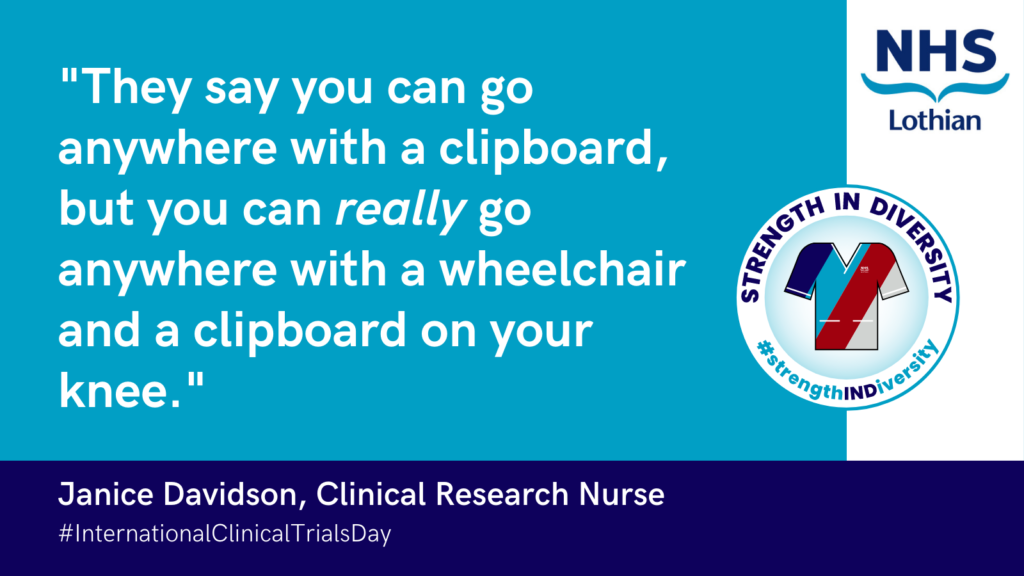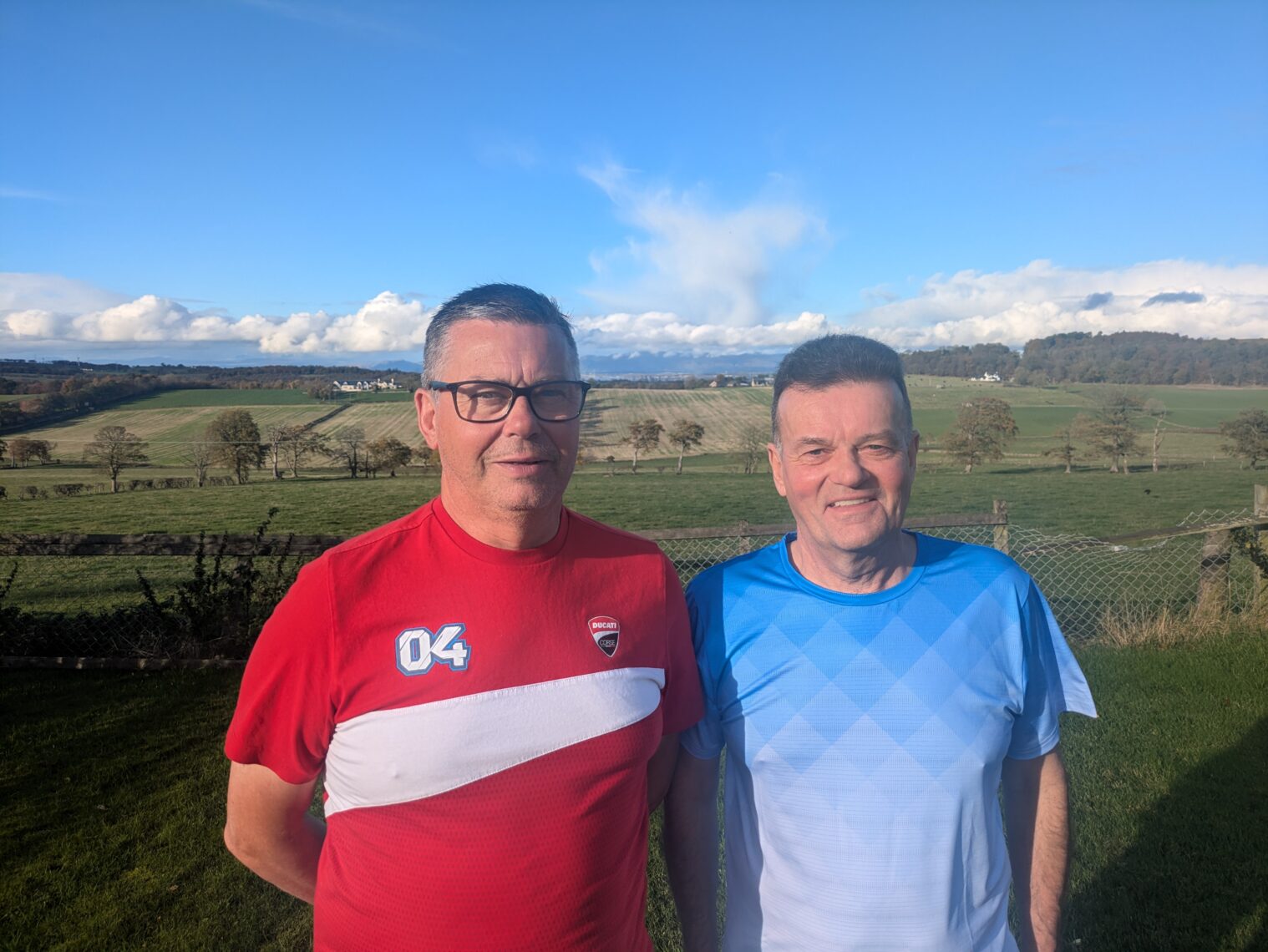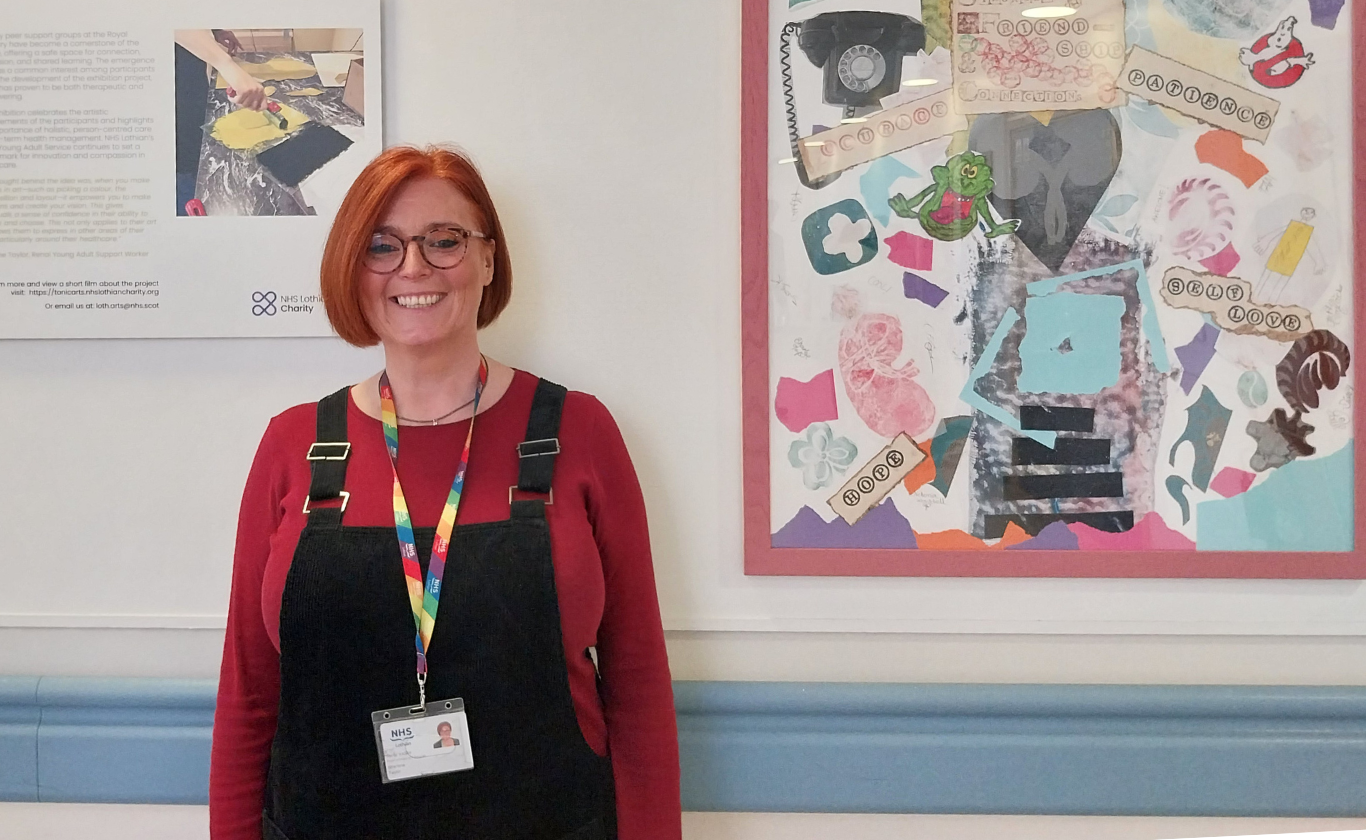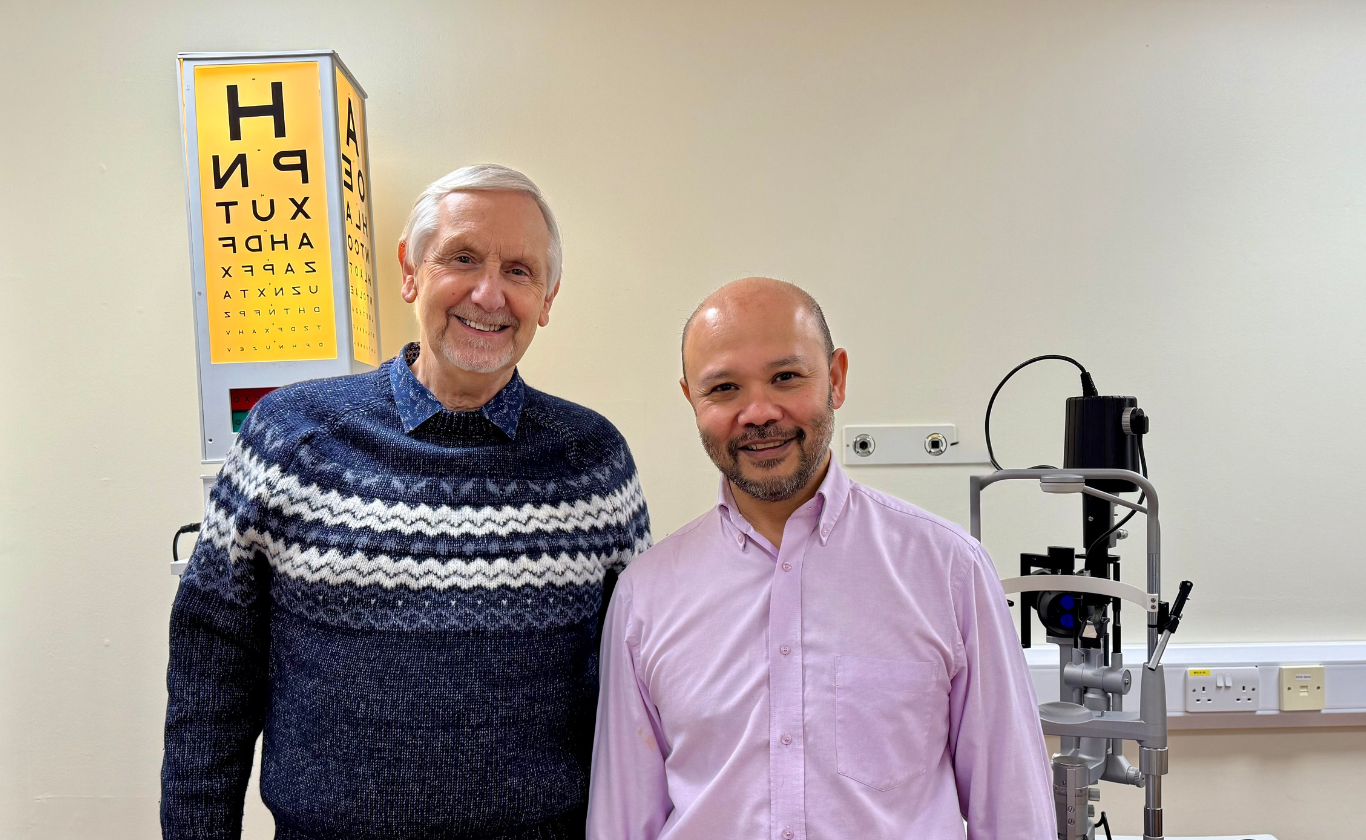“Life doesn’t end because you get a diagnosis.”
Janice got into research in 1996 with a new transplant-related clinical trial. Ever since then, she has loved clinical research. “Research with people is always different and unique. No two days are the same.
“Clinical research nurses are a key part of the clinical research process. We do the clinical governance and we’re the ones who take the research from protocol to practice, making sure that we learn what we set out to learn, such as whether or not a drug can improve outcomes for patients with particular needs.”
Janice recently ran drug trials on immunosuppressants for transplant patients, making sure they were on the most suitable drugs available. Now, she is looking at how livers are preserved between donor and patient and whether that can be improved. There are two people in Janice’s team and, although her colleague handles the majority of the patient-facing work, Janice also deals with patients regularly.
“Patients aren’t phased by a nurse in a wheelchair or with a walking frame,” Janice says. “If anything, people assume I’ve got more authority than I do. They say you can go anywhere with a clipboard, but you can really go anywhere with a wheelchair and a clipboard on your knee.
“I think it’s reassuring for disabled patients to meet someone like me. I have empathy for them, naturally, in a way that other people might not. Once, a patient and I were both using walking frames, and we decided to race down the corridor to see who was faster. That was a great bonding moment.”
However, Janice says she does worry that she will make people nervous. “I minimise my struggle to some extent,” Janice says. “I’ve never experienced anything like that, but the concern is still there.”
“I hope meeting me makes patients feel safer about being open. Our transplant patients can be around for a long time throughout their recovery, so we build a strong bond.”
The only difficulties Janice has experienced, she says, come from being limited in nursing procedures. “There are several procedures that require you to do a course before you can approve others’ work,” Janice says. “I don’t have the fine motor skills to do the procedure, but I still have the ability to tell whether it has been done correctly or not. However, I’m not able to pass the competency because they require you to execute the procedure at the end. That can be frustrating because it creates more work for others.”
However, she thanks the staff in their sister ward, Ward 215, for always being ready to lend a helping hand.
“Support is everywhere,” Janice says. “Even the bus drivers in the morning, who go out of their way to make sure you’re getting on safely. Other people make it happen. I think it’s important to know that life – and nursing – doesn’t end just because you get a diagnosis. With the help of accessibility aids and supportive teams, you can do anything you want.”























